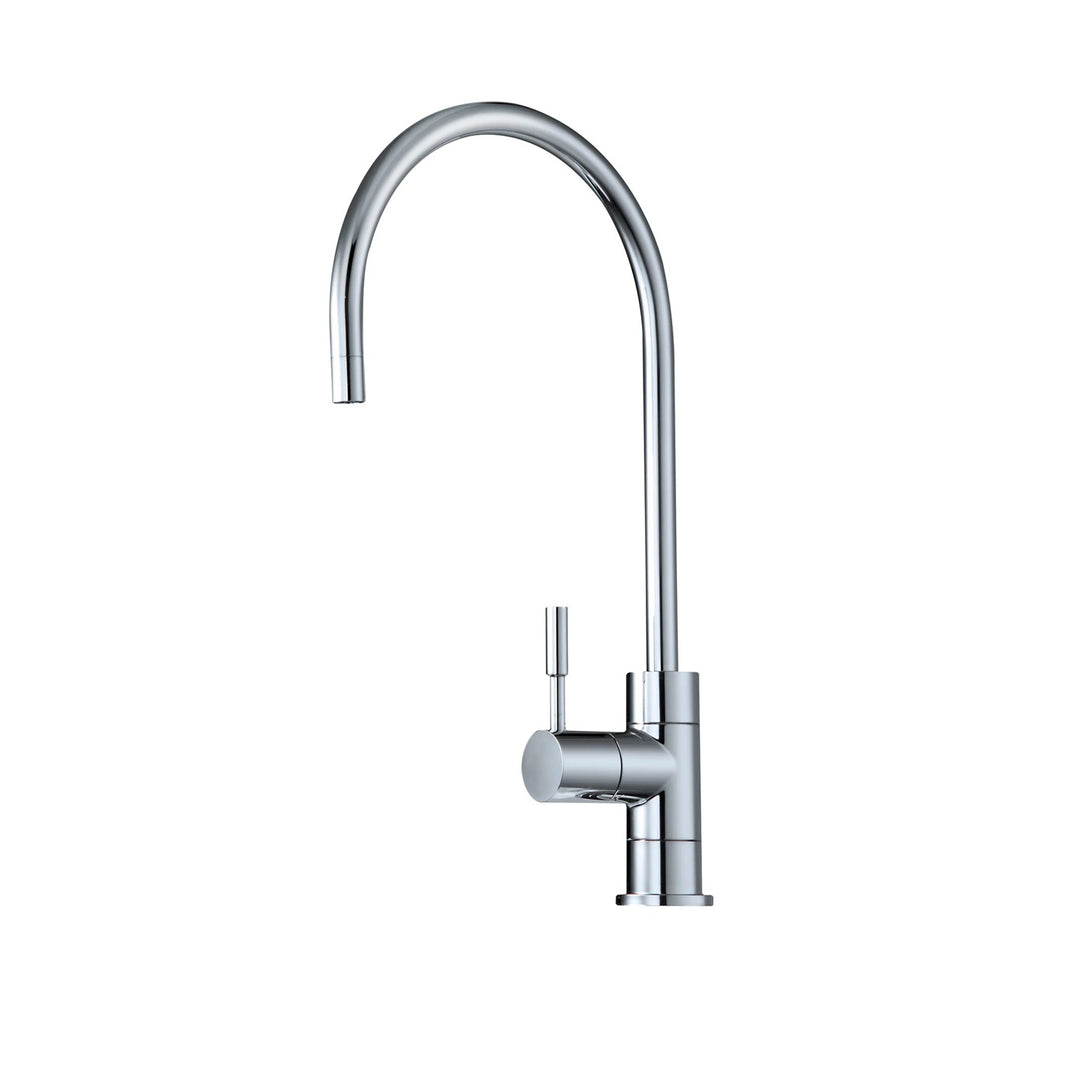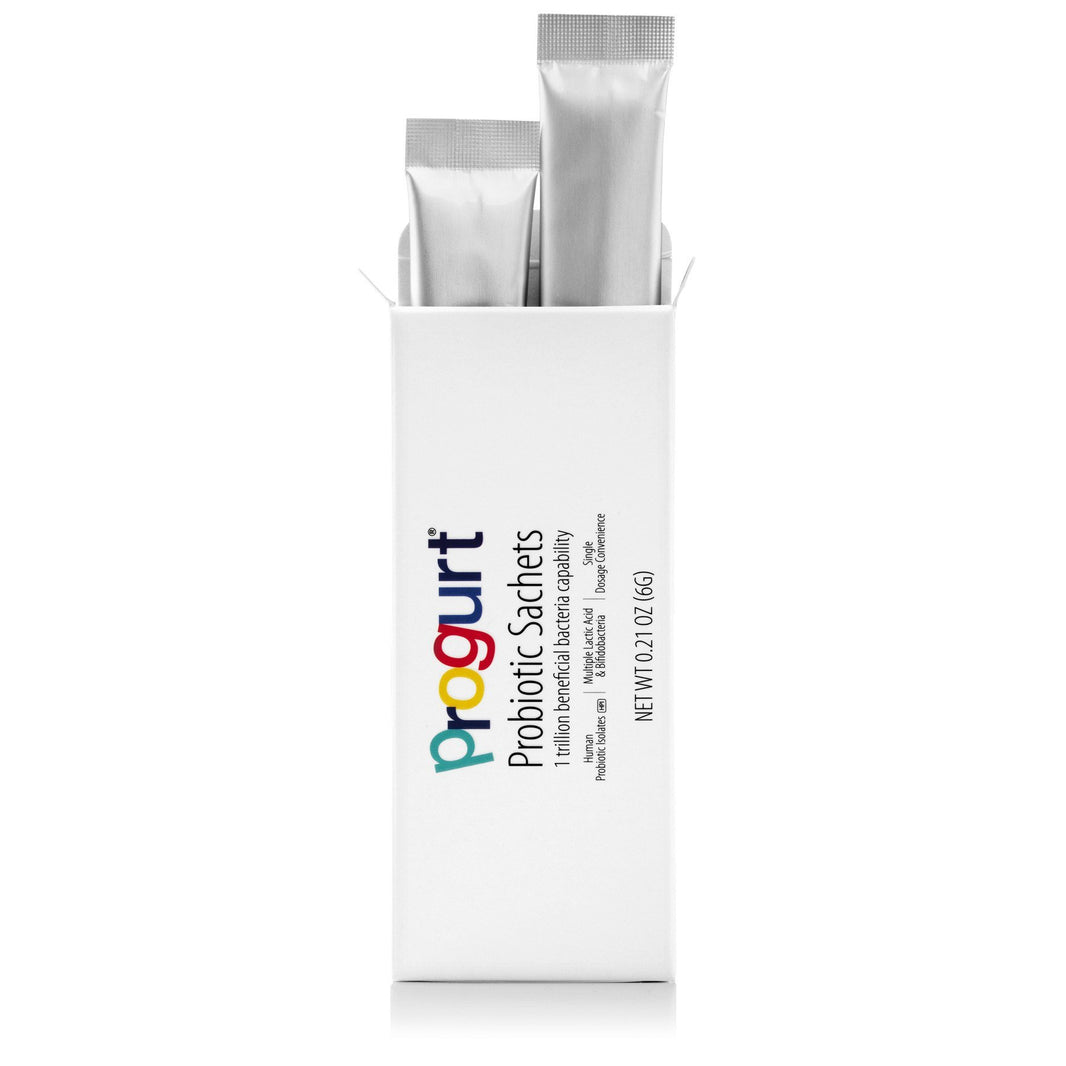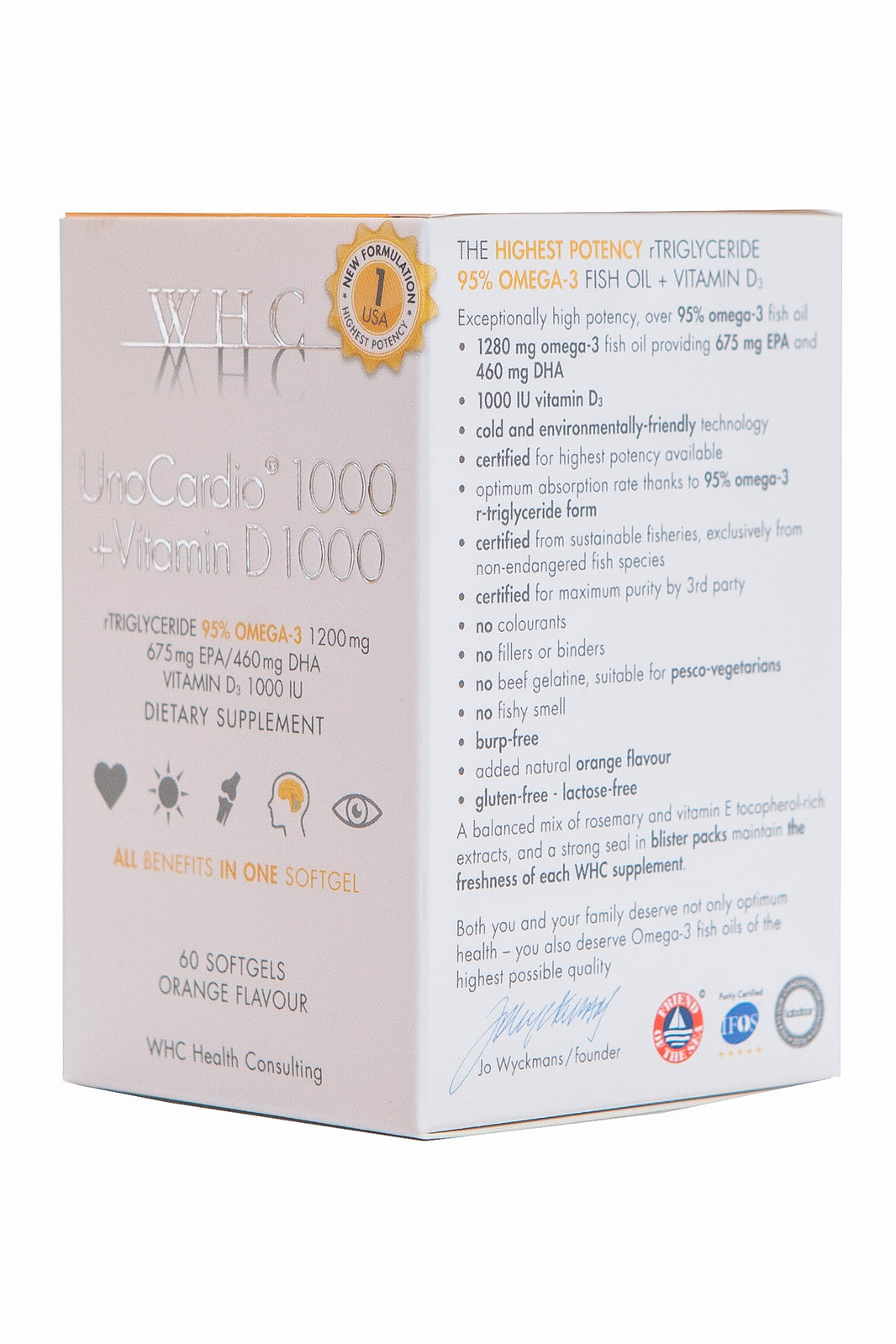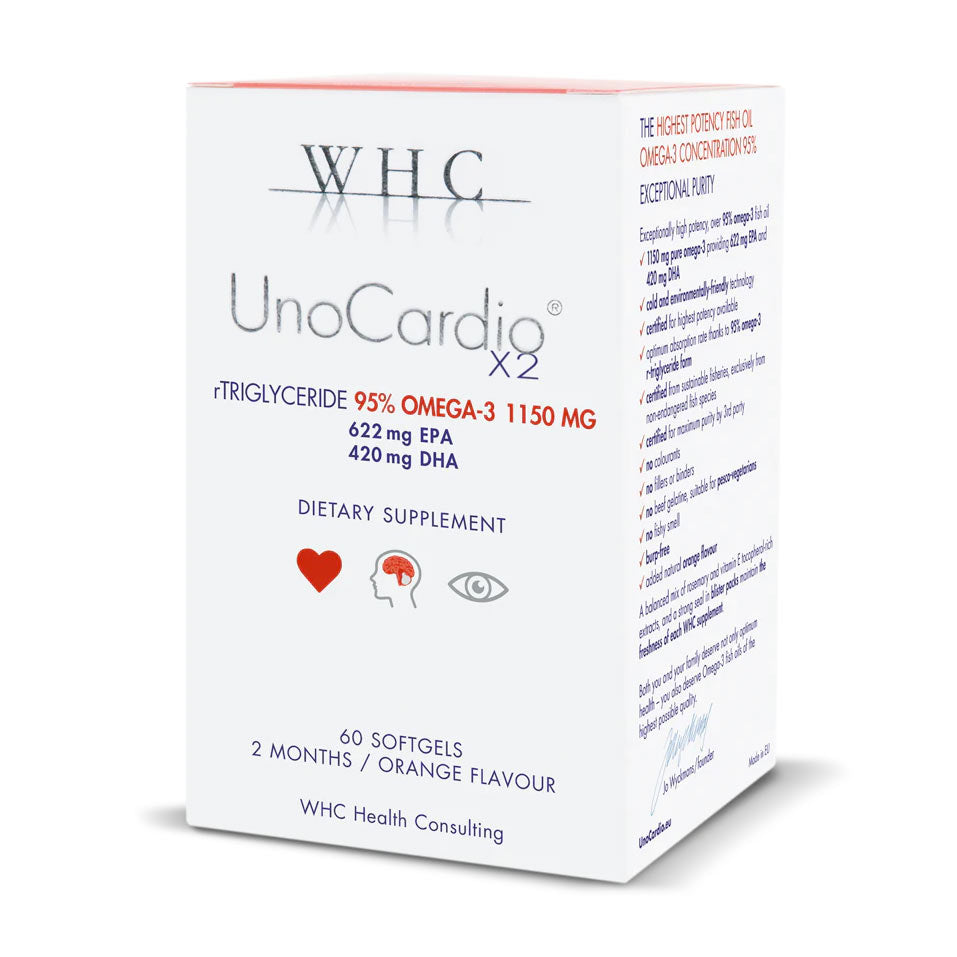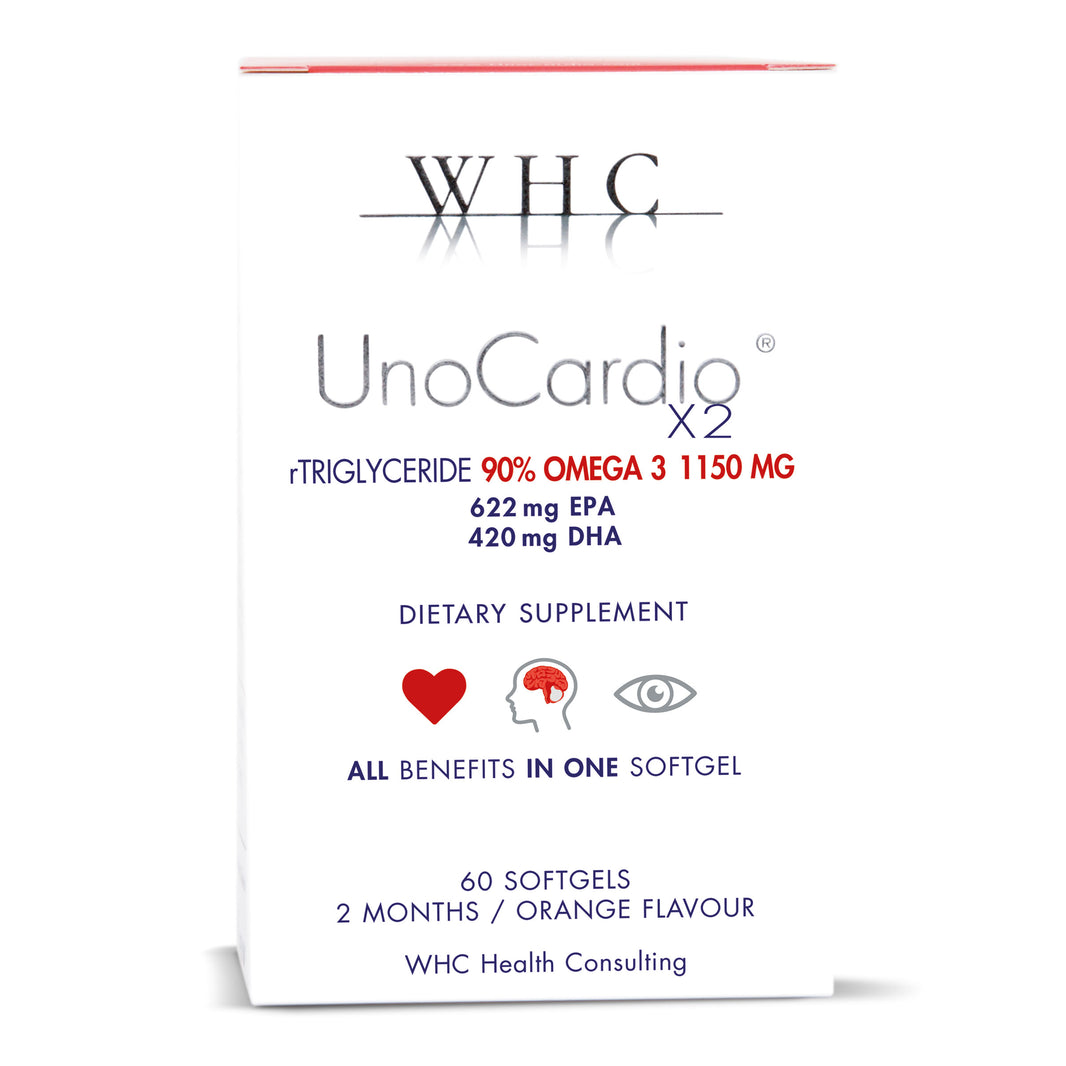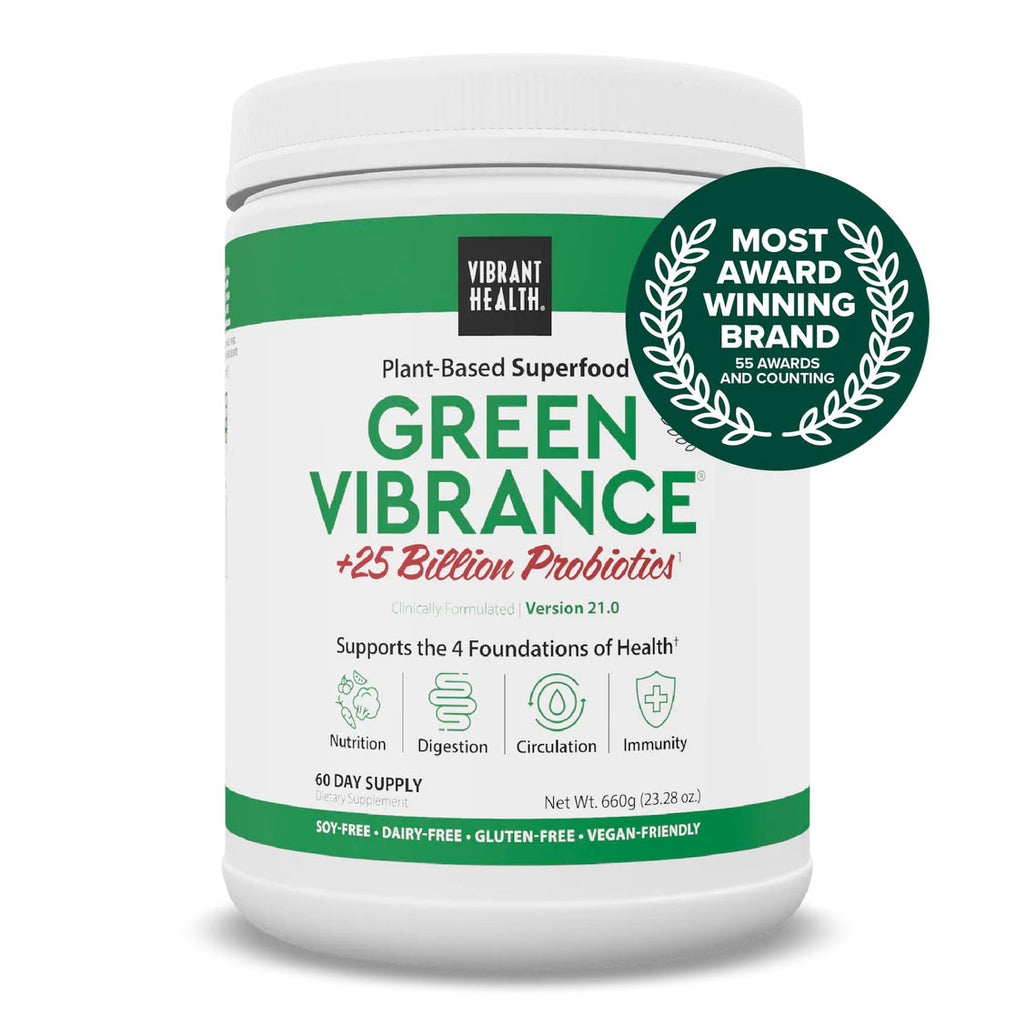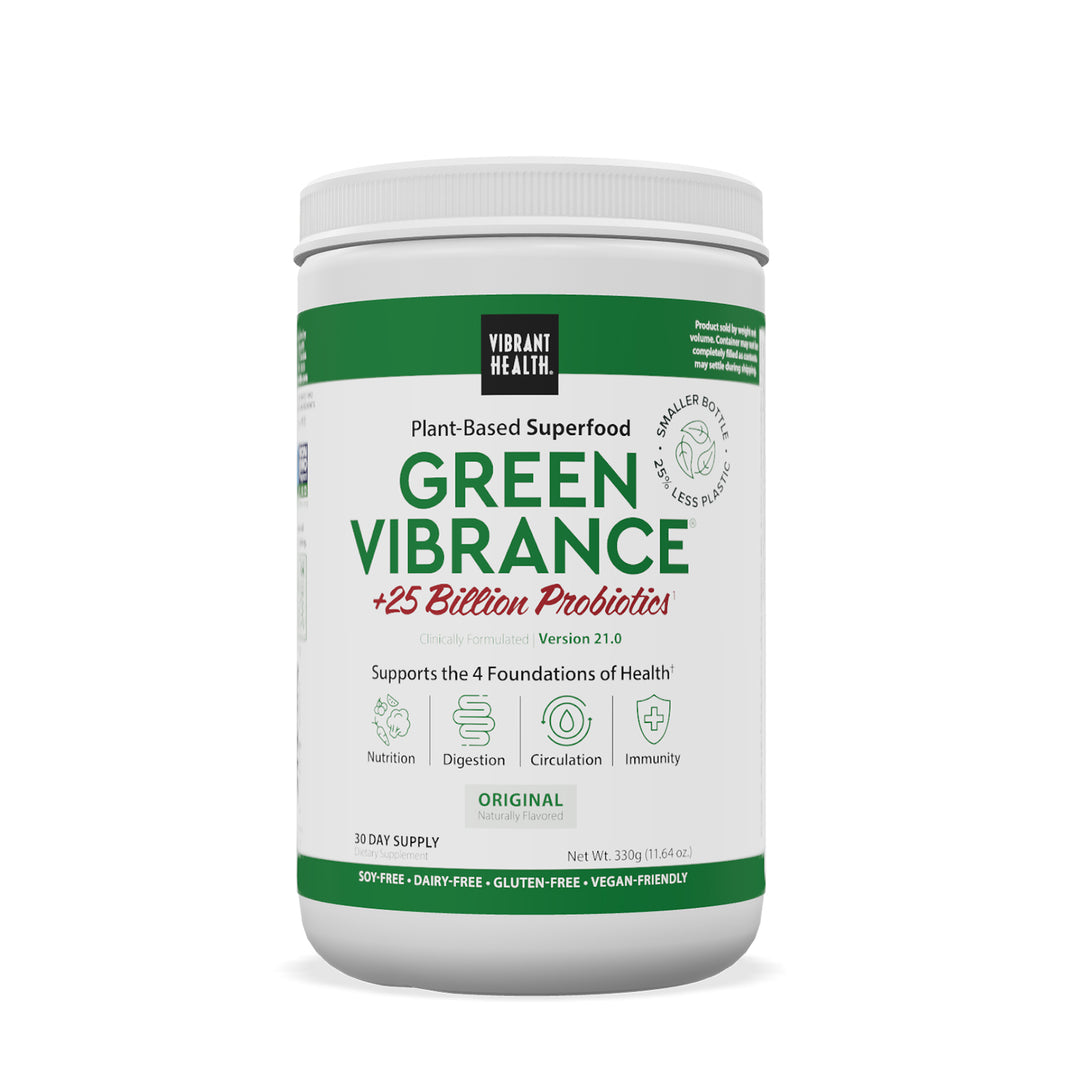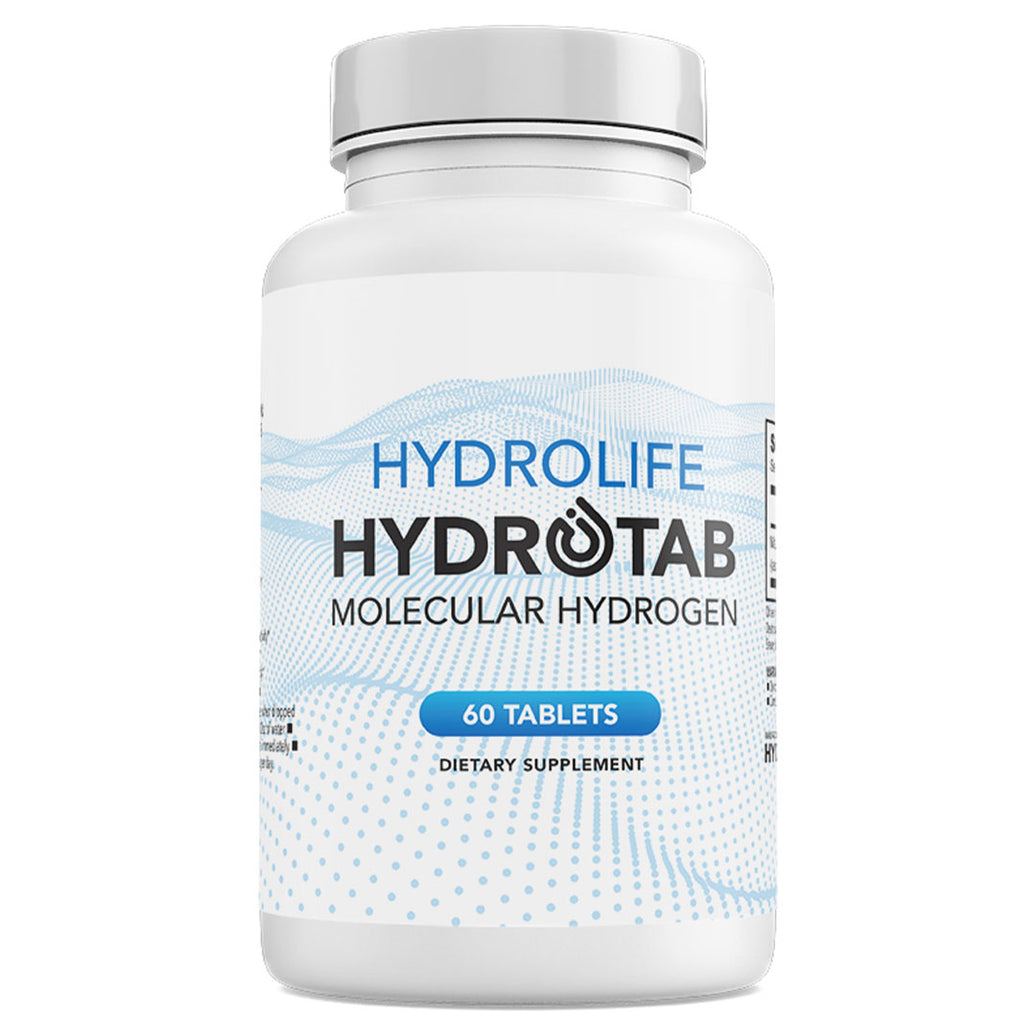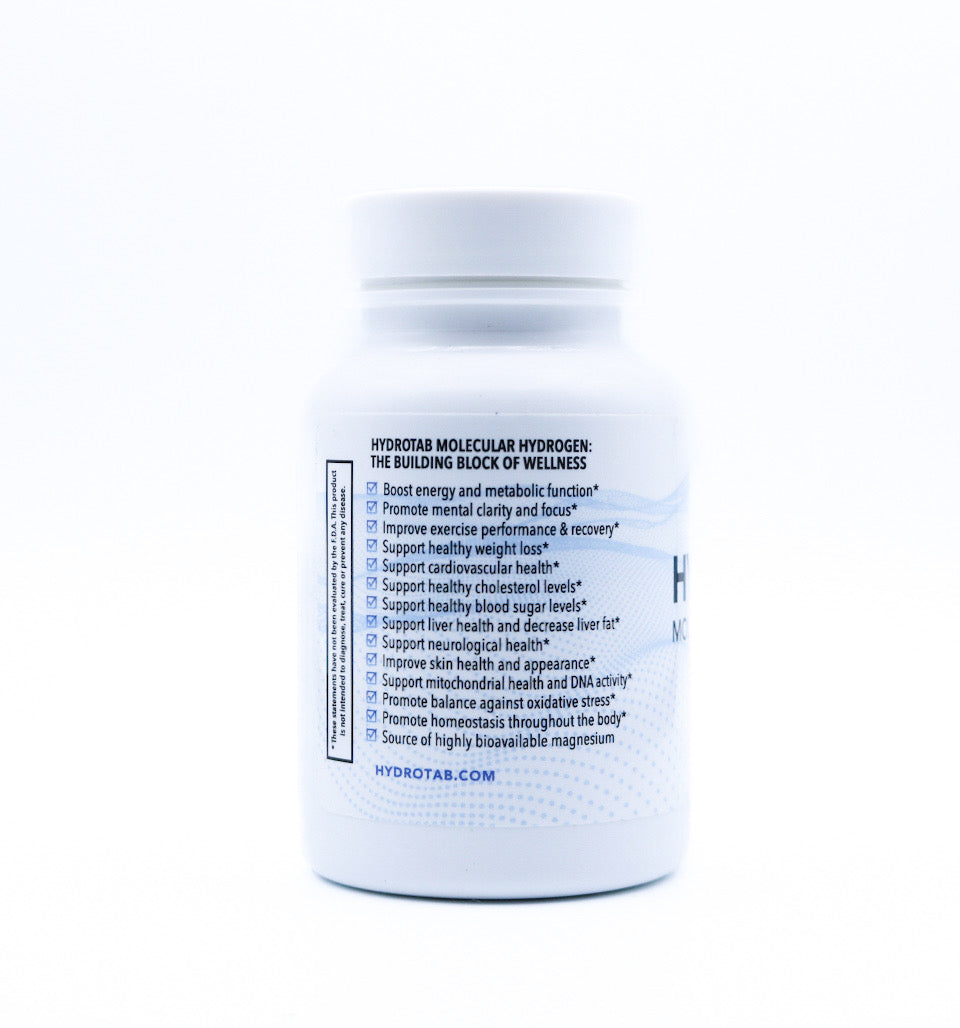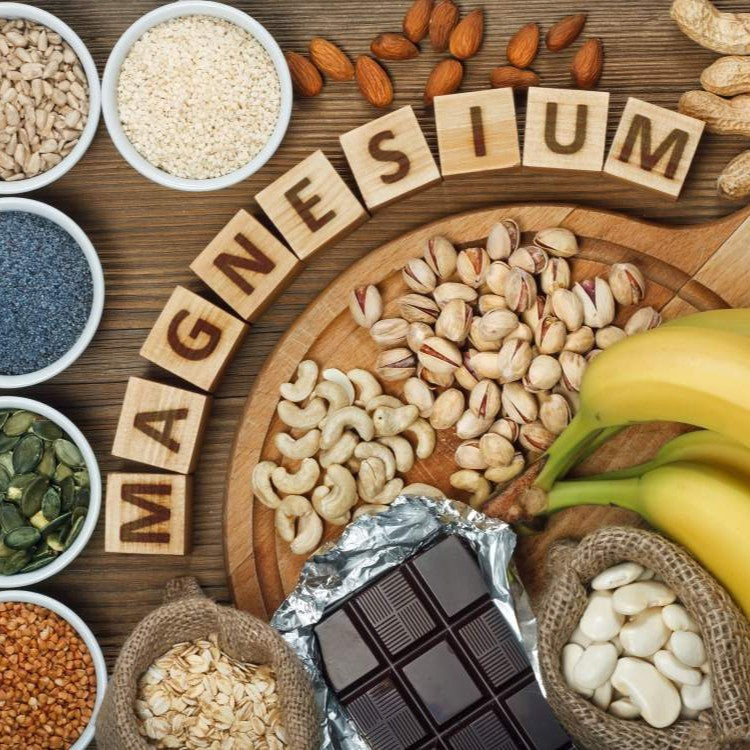Ask health experts which supplements they recommend and magnesium will come up time and time again.
Is it any surprise? This essential nutrient is involved in over 300 biochemical reactions in the body, and intensive agricultural methods mean there’s less of it in our soil (and consequently our food) than ever before.
Whether you’re looking to get a better night’s sleep, address chronic stress levels, relieve muscle cramps, soothe arthritis pain, lessen anxiety or rectify electrolyte balance, taking a high-quality magnesium supplement is a no-brainer.
The question is, what type of magnesium is best for joint pain, arthritis, cramps and anxiety?
Causes of Magnesium Deficiency
The main causes of hypomagnesemia are twofold: eating habits and soil erosion due to the overuse of herbicides and pesticides in modern farming. While we simply don’t eat enough magnesium-rich foods to maintain a healthy intake in the first place, those magnesium-rich foods aren’t nearly as rich as they used to be.
Indeed, a 2016 paper published in The Crop Journal (1) indicated that two thirds of people surveyed in developed countries received less than their minimum daily Mg requirement. This is especially troubling since many researchers contend that even the Recommended Daily Allowance (RDA) is inadequate to prevent subclinical magnesium deficiency.
Others in the field believe that while the RDA might be enough to prevent overt magnesium deficiency, it is not the amount required to ensure optimal health and longevity.
For this reason, those in the know make sure they eat organic produce which contains a higher proportion of magnesium. Some add a supplement just to be sure, or because they desire a particularly high intake. There are many reasons for this, some of which are outlined later in this article.
If you eat a typical Western diet and fail to consume 5 or 7 portions of vegetables and fruit per day, it is extremely likely that you’re already suffering from magnesium deficiency. Refined foods, which constitute the bulk of the typical modern diet, are depleted of magnesium during processing.
There are, to be sure, many other factors which cause magnesium deficiency. Pharmaceutical drugs such as painkillers, antibiotics, diuretics and cortisone are known to deplete magnesium as well as other minerals. Poor magnesium status might also be due to decreased absorption in the gut due to gastrointestinal diseases or microbial dysbiosis. What’s more, gut absorption tends to decrease with age.
Specific health challenges which might adversely affect magnesium status include type-2 diabetes, liver disease, hormonal imbalance, pancreatitis and cancer. These all these require increased amounts of magnesium and thus deplete our internal stores. Alcohol dependence further impacts magnesium levels.
How to Correct Magnesium Deficiency
Because serum magnesium does not reflect intracellular magnesium levels, and since the latter makes up approximately 99% of total body magnesium, magnesium deficiency typically goes undiagnosed.
This problem was highlighted by Dr Carolyn Dean in her book The Magnesium Miracle: “Unfortunately, it is impossible to find studies that tell us the actual incidence of magnesium deficiency. This stems from there being no accepted medical standard for measuring whole-body magnesium status. Blood testing for magnesium relies on inadequate measurements since only 1% of the body’s magnesium is in the blood and only 40% is in the tissues.”
Due to the difficulty in identifying magnesium deficiency, it is important to pay attention to possible signs and symptoms. These can include, but are not limited to, fatigue, muscle pain, loss of appetite, insomnia, elevated blood pressure and fuzzy thinking.
By the same token, increasing magnesium intake can help with panic attacks, asthma, cystitis, depression, diabetes, heart disease, migraines, detoxification, nerve problems, bowel disease and even tooth decay.
Correcting a magnesium deficiency is a matter of enriching your diet with the mineral by upping your intake of green vegetables, fruit, seeds, nuts, legumes and unprocessed whole grains. Raw foods are also a great source of magnesium, as are herbs such as purslane and cilantro.
Cold-pressed oils are recommended for your cooking, including extra-virgin olive oil and coconut oil, and you should ignore the anti-salt dogma and flavour your food with a high-quality, mineral-rich sea salt. A magnesium supplement is another option, and below we’ll talk you through the common forms.
Different Types of Magnesium
It is easy to become overwhelmed when shopping for a magnesium supplement. After all, there are so many to choose from: from magnesium glycinate, citrate and orotate to magnesium threonate, oxide and chloride.
One thing you should always remember, when scanning the label of your chosen magnesium supplement, is that it is the amount of elemental magnesium that matters. This is applicable whether you’re using magnesium taurate, malate or some other form.
We would suggest that there are some forms you should avoid. One is magnesium aspartate, which supplies an excess of aspartic acid, a component of aspartame. Magnesium glutamate similarly breaks down into another aspartame component: glutamic acid.
Both magnesium citrate and magnesium hydroxide pull water into your intestines which can lead to dehydration, and magnesium oxide might not be the best for increasing overall magnesium levels due to its poor absorption rate. If used, oxide is best paired with other forms.
Certain types of magnesium are easier to absorb than others, but before we get into the best form for overall health, let’s look at the optimal types for specific conditions.
Best Type of Magnesium for Sleep
The most commonly-touted form of magnesium for insomnia is magnesium glycinate; this is because the Mg is bound to glycine, a neurotransmitter and amino acid thought to improve sleep quality. However, it’s not the only option.
Magnesium chloride, taurate and orotate are all well-absorbed, and using any of them in the appropriate dosages will likely help you nod off that bit easier. They can also be helpful for relaxation and stress relief.
Best Type of Magnesium for Arthritis
There is much anecdotal evidence to show that magnesium can help reduce the pain and inflammation of arthritis. In point of fact, there is clinical evidence demonstrating that magnesium deficiency actually induces increased inflammation in the body, by ramping up production of pro-inflammatory cytokines.
In a 2015 study, the relative odds of developing knee osteoarthritis went up as magnesium consumption decreased.
The take-home? Ensure a healthy magnesium intake to avoid getting arthritis; and if you already suffer from the condition, magnesium may offer relief. But which form is best?
Unfortunately, there hasn’t been enough studies to conclusively say. Nevertheless, magnesium oil is most frequently recommended for sufferers of arthritis; perhaps because it’s massaged directly onto the skin, on the area of pain and discomfort. The vast majority of anecdotal reports were written by sufferers who used a form of magnesium oil, spray or lotion, i.e. magnesium chloride.
Best Type of Magnesium for Muscles and Cramps
Magnesium helps with the contraction and relaxation of muscles, which is why it is among the most popular supplements used by athletes. One of the mineral’s key duties is to transport blood sugar into muscles and get rid of lactic acid, the latter of which can accumulate during workouts and provoke pain.
Incorporating magnesium has been shown to increase peak oxygen uptake and improve metabolic efficiency, but worryingly a deficiency can cause agonising muscle cramps and spasms. This is why soaking in a bath containing Epsom salts (in the form of magnesium sulfate) is a good idea. You’re unlikely to absorb a whole lot of magnesium, but it does have a soothing, relaxing effect. Magnesium sulfate can also be taken orally, although it can cause diarrhoea, and magnesium chloride flakes can be scattered in a warm bath too.
Another fine option is magnesium chloride lotion with MSM. MSM (Methylsulfonylmethane) is a naturally-derived organic sulfur compound popularly used to reduce swelling around tendons, musculoskeletal pain, muscle cramps and joint inflammation. It also enhances the therapeutic potential of magnesium by facilitating better uptake. The combined effect of highly absorbable magnesium chloride and MSM make this a winning formula.
Best Type of Magnesium for Detoxification & Gut Health
In his brilliant book Transdermal Magnesium Therapy, Dr Mark Sircus makes the following pertinent observation with regard to magnesium chloride, which is commonly found in seawater, brines and salt wells: “For purposes of cellular detoxification and tissue purification, the most effective form of magnesium is magnesium chloride, which has a strong excretory effect on toxins and stagnant energies stuck in the tissues of the body, drawing them out through the pores of the skin.”
He goes on to point out that “in addition to its function as an electrolyte, chloride combines with hydrogen in the stomach to make hydrochloric acid, a powerful digestive enzyme that is responsible for the breakdown of proteins, absorption of other metallic minerals, and activation of intrinsic factor, which in turn absorbs Vitamin B12.
“Using other magnesium salts is less advantageous because these have to be converted into chlorides in the body anyway. We may use magnesium as oxide or carbonate but then we need to produce more hydrochloric acid to absorb them.
“Many ageing individuals, especially with chronic diseases who desperately need more magnesium, cannot produce sufficient hydrochloric acid and thus cannot absorb the oxide or carbonate.”
The combination of its great absorbability, role in the production of hydrochloric acid and powerful excretory effects make magnesium chloride an ideal choice for detoxification and cleansing purposes.
Best Form of Magnesium for Anxiety and Depression
Magnesium contributes to normal psychological development, so it’s no surprise that it’s recommended for anxiety and anxiety-like symptoms. Critical to this process is magnesium’s role as a necessary element in the uptake of serotonin, the ‘feel good’ hormone, by brain cells.
Perhaps this is why a 2017 study (2) concluded that “daily supplementation with 248 mg of elemental magnesium as four 500 mg tablets of magnesium chloride per day leads to a significant decrease in depression and anxiety symptoms regardless of age, gender, baseline severity of depression, or use of antidepressant medications.”
Chloride isn’t the only form you can use for this purpose, though: magnesium threonate also shows promise, as it can effectively cross the blood-brain barrier to inhibit calcium flux in brain neurons. (3)
Why Might You Exceed the RDA for Magnesium?
As mentioned earlier, it is not uncommon for people to supplement magnesium at comparatively high doses. But why would you take more than the RDA for magnesium?
Well, for one thing, your magnesium absorption might be compromised by factors listed earlier – gut disorders, pharmaceutical dependency etc. For another, requirements for magnesium vary by age. Not only do teenagers between 14-18 require a higher intake, but older people do too.
Requirements are higher, too, during pregnancy, when breastfeeding and during PMS. While the NHS recommends that adult males get around 300mg of magnesium a day, and women 270mg, there are many cases where you’d want to shoot for a higher daily dose. Most guidelines recommend that pregnant women aged 19-30 up their intake from 270 to 350mg, while over-31s take a little more, 360mg a day.
Aforementioned magnesium expert Dr. Carolyn Dean believes the rule of thumb for is 6-8mg/kg of body weight per day, which translates to a total daily intake (supplements and food combined) of 600-900mg for a 200 lb man. Dr. Dean notes that it it can take up to a year to build up the magnesium stored in muscles and bones.
It is a sensible idea to consult with a naturopathic nutritionist or practitioner if you feel you might benefit from using a magnesium supplement.
The Best Magnesium Form for All-Round Health
Ninety percent of the body’s total magnesium is contained in the bones and tissues, with only a fraction circulating in your bloodstream. This is part of the reason why transdermal magnesium sprays and lotions have become so popular: you can simply rub and massage magnesium oil directly onto the skin and bypass the digestive tract altogether.
Because magnesium requires stomach acid to be absorbed – and because chloride helps to produce stomach acid – we believe magnesium chloride is the most preferable form, all things considered.
Highly absorbable, it is the optimal form for ingestion; and since magnesium chloride is the type used to make magnesium oil, this is the number one choice if you want to up your intake.
You see, while the body badly needs magnesium, the stomach badly needs chloride: without it, you get acid reflux and other gastrointestinal complaints. What’s more, all magnesium supplements have to be converted to magnesium chloride in the body: so it makes sense to favour the chloride form to begin with.
This is especially true of ageing individuals with chronic diseases, who struggle to produce enough hydrochloric acid and thus fail to properly absorb forms such as magnesium oxide and carbonate.
Dr. Mark Sircus has referred to magnesium chloride as the form which “fits the bill best as a universal medicine” because “it is easily assimilated and metabolised by the human body.” Dr. David Brownstein also favours the use of magnesium chloride as a ‘synergistic’ supplement alongside iodine, specifically to increase the renal clearance of bromide.
Side note: when taking magnesium, it is important to also ensure a healthy intake of other electrolytes, particularly sodium and potassium. Eat good unprocessed sea salt and make sure your diet includes plenty of minerals.
The pivotal role of vitamin D shouldn’t be overlooked either: the synergistic link between it and magnesium means that a proper Mg intake improves the effectiveness of vitamin D in your system; and vitamin D elevates our ability to absorb magnesium. In other words, if you’re going to consume Mg, you’d better make sure you’re getting enough vit D.



